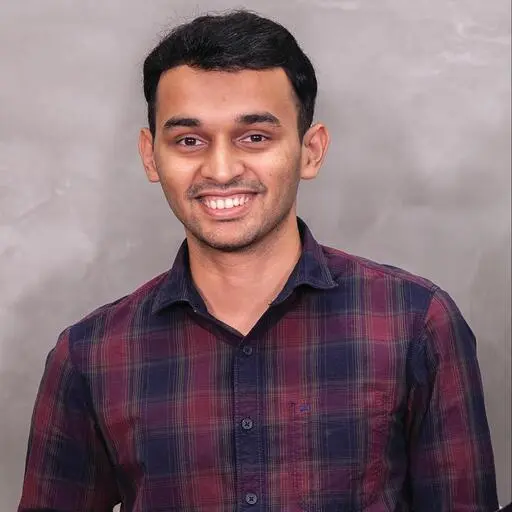June 29, 2024
Schooling
I started school at the age of 7 but attended for only about two months during my first year. As the only student beginning primary school that year, I found myself without any classmates!
I studied in a public school (the only option available in the villages) with the curriculum taught in my mother tongue - Kannada. Looking back, I wish we had been taught basic computer literacy during those days, but it would have been unrealistic to expect that from public schools in India in the 1990s and early 2000s. I graduated from high school with good scores and went on to pursue science for my junior college.
This transition marked a significant change as I encountered English as the medium of instruction. It took me a year of serious effort to become comfortable with the language. True to form, I was too studious not to excel, passing with good scores once again. Surprisingly, even at this stage, I had yet to touch a computer - and I'm not exaggerating!
The Economic Hardship
One of the major challenges students face in India is poverty. Fortunately, if you excel in your studies, you can often find economic support. I was very lucky to receive a scholarship from the Vidyaposhak Foundation, an NGO that supports brilliant minds from economically disadvantaged backgrounds. I'm deeply grateful for the support I received from Vidyaposhak throughout my undergraduate studies. Without their assistance and an education loan from the bank, engineering would have remained just a dream for me. Our family's annual income of just 40,000 rupees for a family of four was nowhere near enough to support my undergraduate studies at that time.
Undergraduate Studies
Through dedication and hard work, I secured a place in Karnataka's top engineering college. It was an entirely new experience - moving to a metropolitan city, using a computer for the first time, living 500km away from my parents, making new friends, and more.
I've observed a common phenomenon: students from challenging backgrounds often have a greater appetite for studies and tend to be more goal-oriented. I was no exception. My sole focus at that time was to study hard, secure a job, and repay my student loans. Fortunately, I didn't have to wait long. It was an emotional and joyous moment in my life when I landed a well-paid internship with a multinational company during the final year of my undergraduate degree.
Professional Career
Unlike most of my friends and classmates, my career path has been rather unconventional. I wasn't happy with simply climbing the professional ladder. Instead, I crossed various boundaries between software and electronics. I started as a firmware developer, working on critical software components for modern solid-state drives. I'd say the first two years at my initial company were crucial in establishing long-lasting relationships with colleagues.
By the end of those two years, I had already paid off my student loan and accumulated significant savings, which allowed me to pursue further education abroad.
In 2014, I left my job and moved to Singapore for my master's degree. The Master's in Computer Engineering, specializing in embedded systems, flew by quickly. While I can't say the course itself was entirely worthwhile, it opened up numerous connections and opportunities. As a result, I ended up working with one of my professors for more than a year after completing my studies.
Part 1: The childhood
